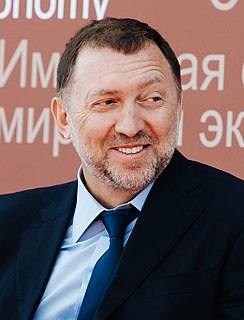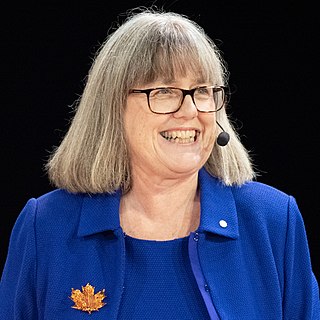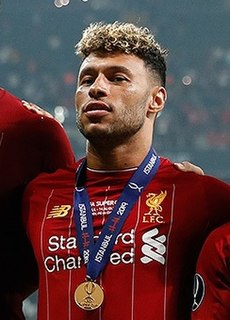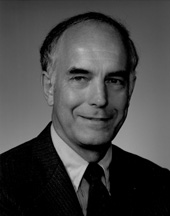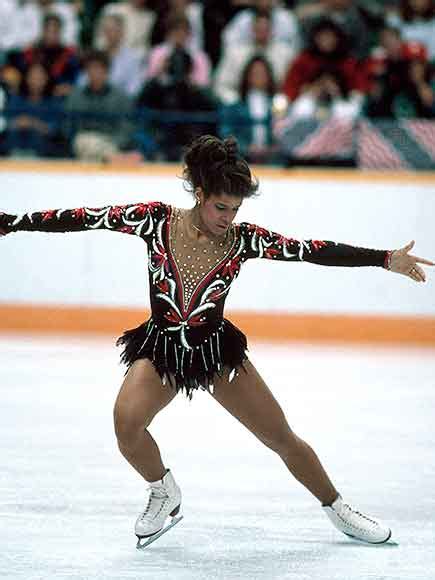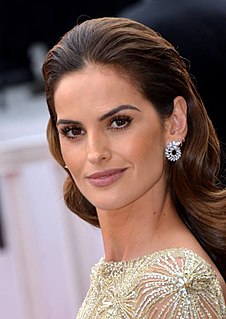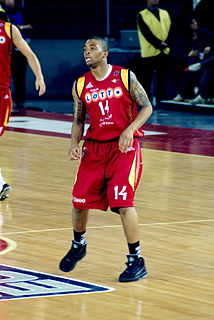A Quote by Oleg Deripaska
I was very good in math and physics. In the Soviet time, we had a lot of Olympic-style competitions for different disciplines: I was always winning in my region.
Related Quotes
When I was in college, I didn't like physics a lot, and I really wasn't very good at physics. And there were a lot of people around me who were really good at physics: I mean, scary good at physics. And they weren't much help to me, because I would say, 'How do you do this?' They'd say, 'Well, the answer's obvious.'
I studied physics at Princeton when I was a college student, and my initial intention was to major in it but to also be a writer. What I discovered, because it was a very high-powered physics program with its own fusion reactor, was that to keep up with my fellow students in that program I would need to dedicate myself to math and physics all the time and let writing go. And I couldn't let writing go, so I let physics go and became a science fan and a storyteller.
Sports have always been a big part of my life. At school, I played a lot of different sports, and I was competing with other schools. I did everything: running, volleyball, basketball, soccer, Olympic-style gymnastics, and more! My history with sports gave me good concentration, focus, strength, and motivation to stay healthy.
Winning the Olympics was an amazing feeling, but afterwards, it was a bit like, 'What do I do now?' So I lost a bit of motivation going back into training and competitions; I had so much pressure on me. I kept thinking, 'I'm the Olympic champion. I can't lose' - being only 19 and having to deal with all that pressure.
We had a chance to see a lot of different styles of play and you had to adapt to the different style each team plays. That?s going to help us come tournament time because the game in the Pac-10 is different from the Big East and we know how to adapt to the different styles. I?m glad I had that opportunity.
